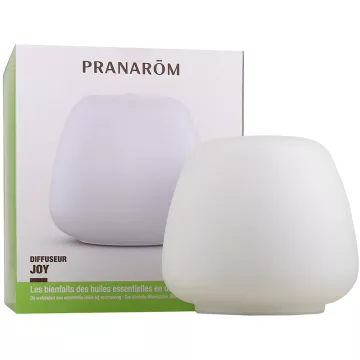
Sanitizers are essential for maintaining optimum hygiene in a variety of environments. Their selection and proper use are key to guaranteeing their effectiveness and user safety. Faced with a wide range of products on offer, an informed and careful approach is advisable to select the product best suited to your needs.
What is a sanitizer and how does it work?
A sanitizer is a chemical or natural product designed to clean, disinfect and eliminate pathogens and bacteria on various surfaces and in the air. It works by destroying harmful micro-organisms, ensuring a safer, healthier environment. There are a multitude of sanitizers available, each tailored to specific needs, from solutions for hands to those for a variety of surfaces.
What are the different types of sanitizers available on the market?
Sanitizers fall into several categories, depending on their use and composition. The main categories are
How to choose the right sanitizer?
The choice of sanitizer depends on a number of criteria, such as the type of surface to be treated, the user's sensitivity to chemicals, and the desired spectrum of action. For optimum effectiveness, it's crucial to read the labels and follow the manufacturer's instructions on use and precautions. Certifications and expert advice can also guide your selection.
What precautions should I take when using sanitizers?
The use of sanitizers requires particular care to avoid risks linked to their composition. We recommend :
How important are sanitizers in the fight against epidemics?
Sanitizers play a crucial role in preventing the spread of viruses and bacteria, especially during epidemics. By effectively removing pathogens from surfaces and air, they help reduce the risk of transmission and protect public health.
How to use a sanitizer correctly to maximize its effectiveness?
To maximize the effectiveness of a sanitizer, it's essential to follow a few key steps:
What's the difference between a sanitizer and a disinfectant?
The main difference between a sanitizer and a disinfectant lies in their level of effectiveness against micro-organisms. A disinfectant is generally more powerful, capable of killing orinactivating a wider spectrum of micro-organisms, including more resistant viruses and bacterial spores. A sanitizer, on the other hand, is designed to reduce the number of bacteria to a level considered safe by public health standards, without necessarily eliminating them altogether.
Can frequent use of sanitizers be harmful?
Frequent use of sanitizers, especially those with aggressive chemical components, can present health and environmental risks. Prolonged exposure can cause skin and respiratory irritation, and sometimes allergic reactions. We advise you to choose products with less harmful ingredients, and to strictly follow the recommendations for use to minimize risks.
Can I make my own natural sanitizer, and is it effective?
It's perfectly possible to make your own natural sanitizer at home, using ingredients such as white vinegar, baking soda or essential oils. These solutions can be effective for everyday cleaning tasks and offer an eco-friendly alternative to chemical products. However, for more specific sanitizing needs, especially in times of epidemics, it is advisable to use products certified for their antimicrobial efficacy.
How to store sanitizers safely?
Safe storage of sanitizers is crucial to preventing accidents in the home. Here are a few tips for safe storage: